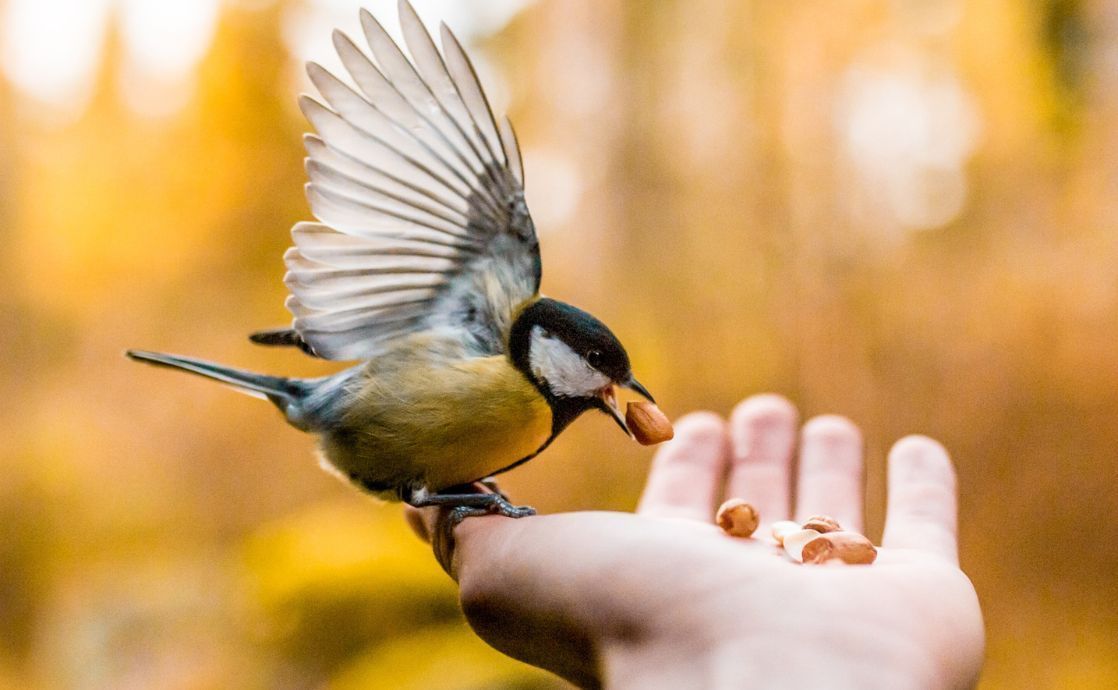The Bahá’í teachings illuminate profound truths through seemingly ordinary encounters in life. Among such encounters, the simple yet poignant story of a little lost bird unveils lessons that resonate deeply within the human experience. This narrative transcends mere anecdote; it serves as a conduit for broader themes that invite reflection and inspire personal transformation. Embracing this story requires an openness to the lessons encapsulated within the flight of this little creature, urging us to reconsider our own paths.
At first glance, one may question the significance of a lost bird. Its plight may seem trivial amidst the complexities of human existence. However, in the realm of spirituality and life’s intricate tapestry, the symbolism of this bird is an invitation to explore our own state of being. As the bird flutters aimlessly, it mirrors individuals who find themselves disoriented or adrift, longing for direction and purpose. This thematic resonance urges us to examine our own lives, awakening a curiosity about our personal journeys.
In the Bahá’í perspective, every being possesses an inherent purpose infused with divine potential. The little bird, in its loss, brings forth the essential inquiry: What is our purpose? This question is not merely philosophical; it demands introspection and self-awareness. The Bahá’í writings fervently advocate for the realization of one’s personal and collective purpose in order to foster a meaningful existence. Yet, like the lost bird, many navigate through life without discerning their unique contributions to the greater whole.
As the narrative unfolds, the lost bird eventually finds its way home. This transition signifies hope and resilience—qualities that are nurtured within the framework of Bahá’í teachings. The act of ‘returning’ is emblematic of the spiritual journey each soul undertakes towards reconnection with the Divine Source. The Bahá’í faith posits that every individual is imbued with a divine essence, and through self-discovery and growth, one can reclaim their true nature. This journey home is not devoid of struggle; rather, it underscores the importance of perseverance and faith in the face of adversity.
Moreover, the relationship between the lost bird and its environment elucidates another Bahá’í teaching: the interconnectedness of all creation. The bird’s struggle is not isolated; it exists within a network of life, reflecting the Bahá’í principle of unity. In contemplating the plight of the bird, one cannot help but draw parallels to the human experience, where individual hardships impact the collective wellbeing. This interconnectedness encourages an expanded perspective, prompting individuals to consider how their actions reverberate beyond themselves, ultimately contributing to the tapestry of humanity.
The realization of one’s community and environment as an extension of the self is pivotal in Bahá’í teachings. The lost bird, though solitary in its initial struggle, highlights the importance of seeking assistance and guidance from others. Community plays a fundamental role in individual growth; it fosters a sense of belonging and purpose. The Bahá’í community, rooted in principles of love, justice, and service, embodies this notion. By becoming involved in larger societal structures, individuals can find their place, and like the bird, emerge with newfound clarity and direction.
In addition to fostering a sense of community, the story of the lost bird also serves as a reminder of the beauty and fragility of life. Each moment is a precious gift, and the fleeting nature of existence invites a deeper appreciation for the present. The Bahá’í teachings emphasize mindfulness and gratitude as tools to enrich our daily lives. This awareness not only enhances personal well-being but also cultivates a compassionate disposition towards others, as one recognizes the shared human experience of vulnerability.
The little lost bird exemplifies the significance of embracing uncertainty. Life’s unpredictability can often lead to disillusionment or fear. However, the Bahá’í teachings encourage individuals to view uncertainty as a gateway to transformation and exploration. Embracing the unknown opens avenues for discovery and personal evolution, much like the bird that learns to navigate its surroundings through trial and error. This concept invites individuals to redefine their relationship with failure and uncertainty, positioning them as integral parts of the journey toward personal and spiritual growth.
Ultimately, the tale of the little lost bird serves to remind us that life is a continual process of learning and adaptation. The journey of finding oneself is rarely linear; it involves detours, missteps, and moments of enlightenment. Each stage of this journey holds intrinsic value and provides opportunities for growth and service to humanity. In this way, the lost bird invites a reformation of perspective, compelling us to see beyond our immediate struggles and recognize the potential for renewal and transformation.
In conclusion, the life lesson taught by the little lost bird is multifaceted and profound. From exploring our purpose to acknowledging our interconnectedness, and from embracing uncertainty to fostering community, the wisdom inherent in this narrative resonates deeply within the teachings of the Bahá’í faith. Each individual is invited to embark on their own unique journey, guided by the principles of love, unity, and faith. It is within this journey that we discover not only ourselves but also the beauty and richness of life—a tapestry intricately woven with the threads of countless stories, including that of the little lost bird.
